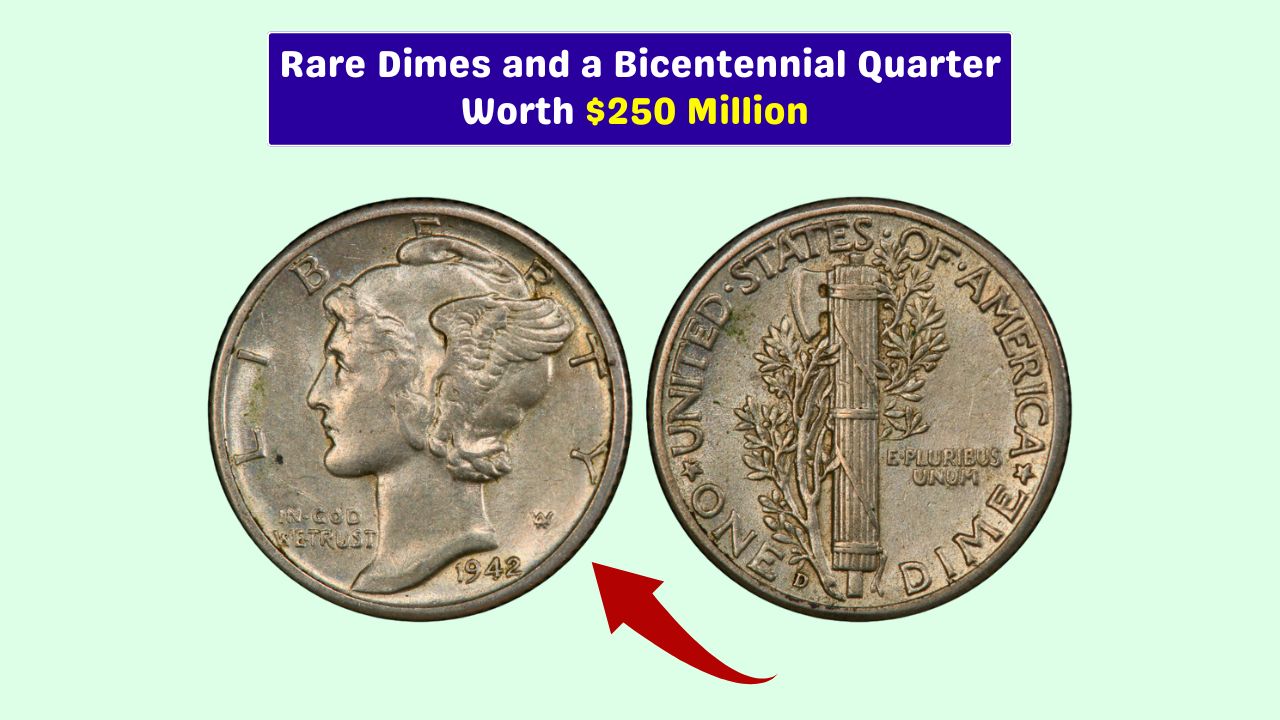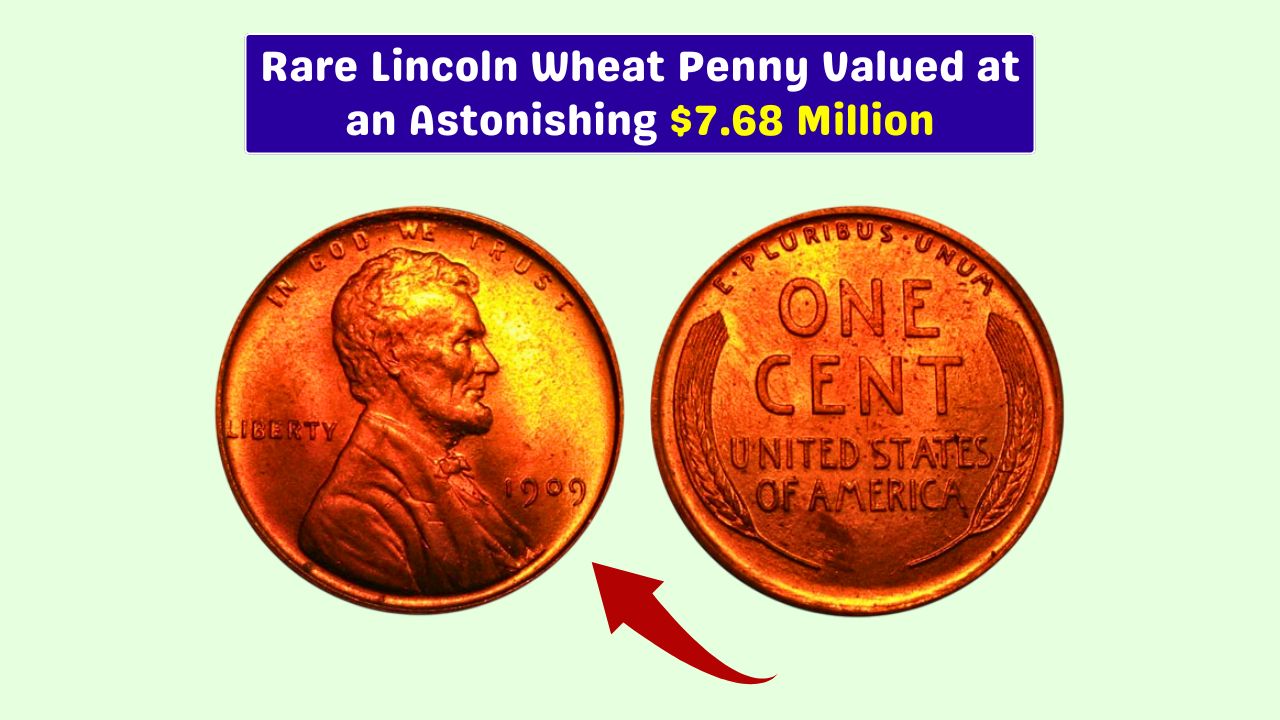Personal Independence Payment (PIP) is about to undergo its most significant change in years. The UK Government has confirmed that, starting in November 2026, new eligibility rules will apply to both new and existing PIP claimants.
This move is part of a larger plan by the Department for Work and Pensions (DWP) to modernise and streamline disability benefits.
If you’re currently receiving PIP or plan to apply in the future, understanding what’s changing—and when—is crucial. Here’s a detailed breakdown of the upcoming reform and how it might impact you.
Table of Content
What’s Changing?
From November 2026, any new PIP claims will be assessed using updated eligibility criteria. Existing PIP claimants won’t be affected right away, but once their current award comes up for renewal after that date, it will be reviewed under the new rules.
This means if your PIP award review is scheduled for late 2026 or beyond, it will likely fall under the revised guidelines. However, nothing changes until your scheduled review happens.
Why the Change?
The DWP says the new rules aim to make the system fairer, more accurate, and sustainable. With over 3.7 million PIP claimants and 1.5 million receiving long-term or indefinite awards, the reform is designed to ensure support is focused on those who need it most.
The reform also targets streamlining the application and review process, particularly by reducing unnecessary assessments and improving how long-term conditions are handled.
PIP
Personal Independence Payment (PIP) is a benefit provided to individuals with:
- Long-term physical or mental health conditions
- Chronic illnesses
- Disabilities that impact daily living or mobility
PIP offers financial help through two components:
- Daily Living Component
- Mobility Component
You can receive one or both depending on your needs, with a maximum total payout of £749.80 every four weeks (as of April 2025).
PIP Award Durations
PIP awards vary depending on the condition and how stable it is. Awards typically range from 9 months to 10 years.
The DWP tracks awards of 5 years or longer as long-term awards. Here’s what the data shows:
| Award Length | Claimant Percentage |
|---|---|
| 5 years or more | 41% of all claimants |
| Visual impairment | 58% receive long awards |
| Musculoskeletal | 50% receive long awards |
| Neurological | About 49.5% |
Types of Awards
There are two main types of PIP awards:
Limited-Term Awards
- Given for up to 2 years
- No review during this period
- Typically awarded when improvement is expected
Ongoing Awards with Light Touch Reviews
- Apply to stable or worsening conditions
- Also for claimants over State Pension age
- Reviews are typically paper-based without face-to-face assessments
Payment Rates
PIP rates were increased in April 2025 by 1.7%. Here’s what you could receive:
- Weekly payments range from £29.20 to £187.45
- Maximum rate claimants receive £749.80 every four weeks
- This adds up to around £9,747 annually
Health Conditions
Some medical conditions are more likely to lead to long-term PIP awards, based on DWP statistics:
- Visual impairments (58% long-term)
- General musculoskeletal disorders (e.g., arthritis)
- Neurological diseases (e.g., epilepsy, MS)
- Respiratory diseases (e.g., COPD, asthma)
- Autoimmune conditions (e.g., lupus, RA)
- Regional musculoskeletal (e.g., back or joint problems)
Who Can Apply?
You may be eligible if:
- You’re aged 16 or over
- You’ve had daily living or mobility issues for at least 3 months
- Your condition is expected to last at least 9 more months
- You’ve lived in the UK for 2 of the last 3 years
- You’re physically present in the UK when applying
What Qualifies?
The DWP considers whether your condition affects your ability to perform tasks such as:
- Preparing or eating food
- Washing or using the toilet
- Managing medications
- Getting around
- Leaving the house safely
- Communicating or reading
- Handling money
- Engaging with others socially
PIP Paid
PIP is usually paid:
- Every 4 weeks
- Weekly if you are terminally ill
- Directly into your bank, building society, or credit union account
Scotland’s Adult Disability Payment (ADP) mirrors PIP and is paid at the same rate.
How to Apply
To apply, contact the DWP. You’ll need:
Personal Details:
- National Insurance number
- Date of birth
- Bank account info
- GP or healthcare provider contact
Other Information:
- Dates/addresses for care homes or hospitals
- Details of any time spent abroad
Apply online at: www.gov.uk/pip
What You Should Do Before 2026
If you’re already receiving PIP or considering applying, here are some steps to prepare for the November 2026 reform:
- Review your current award’s end date
- Keep all medical documentation up to date
- Understand your award type (limited-term vs ongoing)
- Speak with a benefits adviser if unsure about future eligibility
Staying informed and organised is your best defense against unexpected changes. While the goal is a fairer system, it’s important to be ready for how the changes could affect you.
FAQs
When does the new PIP reform start?
The changes begin in November 2026 for new and renewing claims.
Will my current PIP stop in 2026?
No, it continues until your next scheduled review after November 2026.
How much can I receive on PIP in 2025?
Up to £749.80 every 4 weeks, depending on your components.
Who is most likely to get a long-term PIP award?
Those with chronic conditions like arthritis, MS, and visual impairments.
How do I apply for PIP?
Apply through the DWP or visit www.gov.uk/pip for full details.









